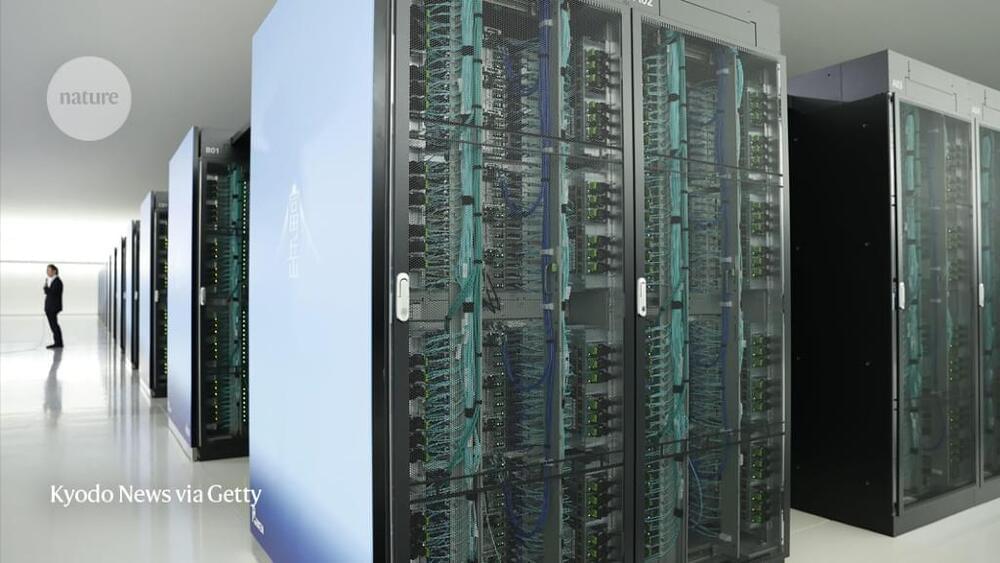The US military and its contractors would be exempt.
Robots that are autonomous or semi-autonomous and carry weapons or offensive capabilities are often called armed robots. These robots can be employed in a variety of settings, including the military, law enforcement, industry, and security.
Today, many armed robots are controlled remotely by human operators who can keep a safe distance between themselves and the devices. This is particularly prevalent with military drones, as the operators control the aircraft and its weaponry from a distance, making the machines even more dangerous to civilians.
There are continuous efforts to establish rules and laws controlling the deployment of armed robots in order to reduce the risks involved. Now, one US state is trying to outlaw them altogether.
This is according to a press statement by the American Civil Liberties Union (ACLU) published on Wednesday.
A group of Massachusetts legislators, human rights organizations, and executives from the robotics sector are joining forces to support legislation that would make arming robots, as well as drones and other uncrewed devices, illegal.






